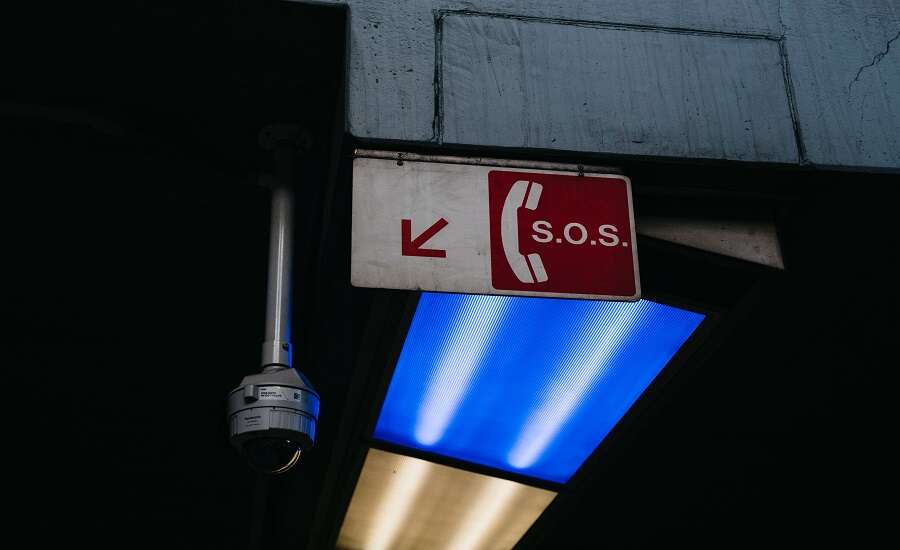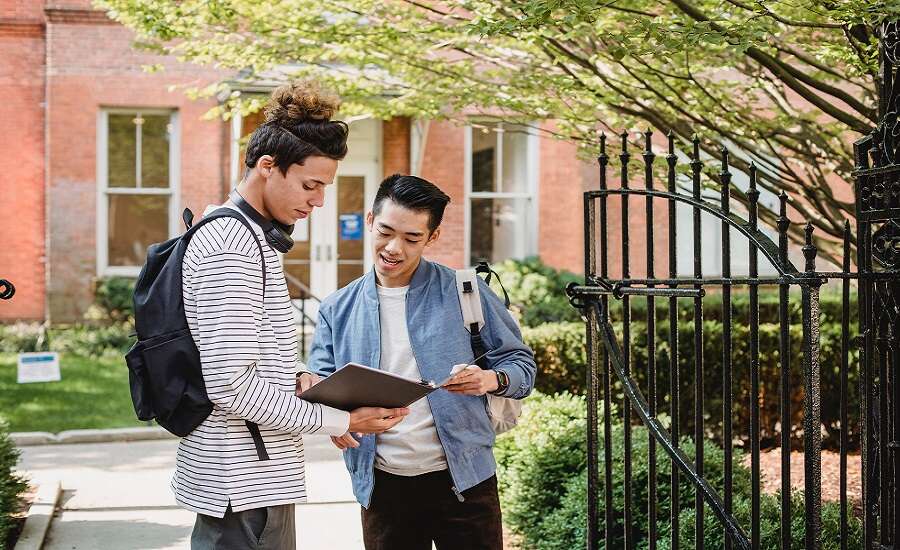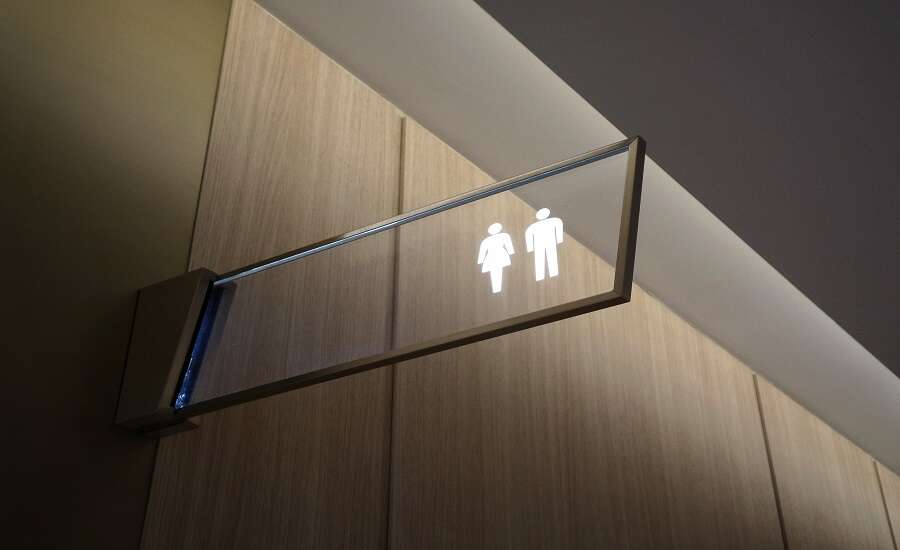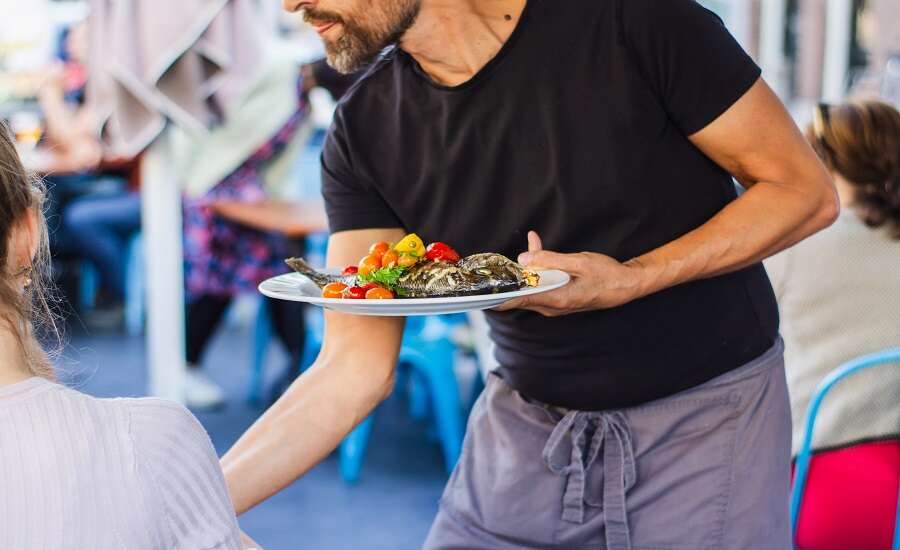Russian Train Guide
Essential Phrases to Know on a Russian Train Journey

What phrases should I know for my Russian train journey?
- The basics: please, thank you, excuse me, hello…you can’t go wrong with good manners
- Navigating to the train station, buying a ticket, and queueing in Russian
- Communicating with the conductor and finding your way around the sleeper train
- Ordering food in the restaurant car
- What to say in case of emergency
- Introducing yourself to your fellow passengers
Essential Phrases to Know on a Russian Train Journey
Your train tickets are bought, your suitcases are packed, and you’re on your way to Russia. But being the adventurous person that you are, you don’t intend to stay in one place. Whether it’s a short ride to one of St Petersburg’s suburban palaces or a 7-day expedition on a Moscow to Vladivostok train, if you’re planning a Russian train journey then it can help to know some phrases in the local language.
We’ve compiled a list of useful phrases and vocabulary for travelling by train in Russia – to help you navigate the station, endear yourself to the provodnitsa, and even strike up a friendship with your fellow travellers!
The very basics
First things first, the most important vocabulary and phrases:
- Please - ‘пожалуйста’ pazhalsta
- Thank you – ‘спасибо’ spaseeba
- Excuse me – ‘извините’ izvineetye
- Sorry – ‘простите’ prasteetye
- Goodbye – ‘до свидания’ da svidahnya
- Hello – ‘здравствуйте’ zdrastvootye
(Or the less complex-sounding ‘добрый день’ (good day) dohbree dyen)
- Yes - ‘да’ da
- No – ‘нет’ nyet
- I don’t speak Russian – ‘Я не говорю по-русски’ Ya nye gavaryoo pa rooskee
- Do you speak English? – ‘Вы говорите по-английски? ’ Vuy gavareetye pa angleeskee?
Photo by Armin Rimoldi on Pexels
On your way to the train station:
- Where is the train station? – ‘Где находится вокзал?’ Gdye nakhoditsya vakzal?
- Does this bus go to the train station? – ‘Этот автобус идет до вокзала?’ Etot avtoboos idyot dah vakzala?
- How do I get to the train station? – ‘Как мне добраться до вокзала?’ Kak mnye dabratsya dah vakzala?
Photo by Possessed Photography on Unsplash
At the train station:
Once you’ve arrived at the station, there are some important things you might need to know:
- When does the train depart? – ‘Когда отправляется поезд?’ Kagda atpravlyaetsya poezd?
- What platform does the train depart from? – ‘С какой платформы отправляется поезд?’ S kakoy platformy atpravlyaetsya poezd?
- Where is the toilet? – ‘Где находится туалет?’ Gdye nakhoditsya tualyet?
- Where is the luggage storage? – ‘Где находится камера хранения?’ Gdye nakhoditsya kamera khraneneeya?
Photo by Semen Borisov on Unsplash
If you’re travelling on a suburban train (электричка, elektreechka) you will need to buy a ticket at the station:
- Where is the ticket office? – ‘где находится касса?’ Gdye nakhoditsya kassa?
- I’d like a return ticket/one way ticket to… - ‘Я хочу купить обратный билет / билет в одну сторону в…’ Ya khochu koopeet abratnee bilyet / bilyet v adnu storonu v…’
- How much is that? – ‘Сколько это стоит?’ Skolka eta stoeet?
Traveller’s tip: at the train ticket office, don’t be afraid if the queue looks more like a crowd of people than an orderly line. Simply ask, ‘who’s last in the queue?’ (Кто последний? kto paslednee?) Someone will raise their hand, and then you should just keep an eye on them and wait your turn.
On the sleeper train:
So, you’ve made it onto a Russian sleeper train. Here is some essential vocab:
- Station – ‘Станция’ stantseeya
- Passport – ‘Паспорт’ paspart
- Suitcase – ‘Чемодан’ chemadan
- Third class – ‘Плацкарт’ platskart
- Second class – ‘купе’ koopeh
- First class – ‘спальный вагон (СВ)’ spalnee vagon (ess veh)
Useful phrases when on board the sleeper train:
- When will we arrive at… - ‘Когда мы приедем в…’ kagda muy preeyedem v…’
- Where is the toilet/shower? – ‘Где находится туалет/душ?’ gdye nakhoditsya tualyet/doosh?
- Where can I put my suitcase? – ‘Куда я могу положить свой чемодан?’ kooda ya magoo palazheet svoy chemadan?
- Do you have a charger for an iPhone / Samsung? - ‘У вас есть зарядка для айфона / самсунга?’ oo vas yest zaryadka dlya ayfona / samsunga?
- Where are my bedclothes? – ‘Где мое постельное белье? ’ gdye mayoh pastelnoye belyoh?
- Where is the restaurant car? – ‘Где находится вагон-ресторан?’ gdye nakhoditsya vagon-restoran?
- Where is the provodnik? (the guardian of your carriage) – ‘Где находится проводник? ’ gdye nakhoditsya pravadneek?
- Can I have some green/black tea with sugar/without sugar? – ‘Можно зеленый/черный чай с сахаром / без сахара? ’ mozhna zelyony / chyorny chai s sakharom / bez sakhara?
- Can I have some hot water? – ‘Можно горячей воды?’ mozhna goryachey vaduy?
If the train stops for a while and you want to disembark and look around:
- What station is this? – ‘Это какая станция?’ eta kakaya stantsiya?
- How long will we stay at this station? – ‘Сколько стоим на этой станции?’ skolka staeem na etoy stantsee?
- Where can I smoke? – ‘Где можно покурить?’ gdye mozhna pakooreet?
Traveller’s tip: at stations along the way, you might see babushkas selling snacks or little souvenirs. If you want to purchase something, say ‘можно?’ (mozhna?) and gesture at what you want to buy.
Photo by Louis Hansel - Restaurant Photographer on Unsplash
In the restaurant car:
- I’d like… - ‘Мне пожалуйста…’ mnye pazhalsta…
- The bill, please – ‘Можно счёт, пожалуйста’ mozhna shyot, pazhalsta
- Should I pay by cash or card? – ‘Оплата наличными или картой?’ aplata naleechnimi ili kartoy?
- I don’t eat meat. What dishes do you have without meat? – ‘Я не ем мясо. Какие у вас блюда без мяса? ’ ya ne yem myasa. Kakeeye oo vas yest blyooda bez myasa?
Traveller’s tip: If you have allergies, make (or buy) a card which details which foods you cannot eat, what will happen if you eat these foods, and an explicit request to inform the chefs. Some allergies are less common in Russia than elsewhere in Europe or North America and are not treated as seriously (make sure that you also have phrases in Mongolian and Chinese if necessary). If you don’t feel comfortable that you are understood, or you know that your allergen is very common in the on-board cuisine, stock up on instant noodles, biscuits, fruit and vegetables.
Photo by Jp Valery on Unsplash
In an onboard emergency:
- I’ve lost my wallet/passport/suitcase/backpack/handbag – ‘Я потерял/потеряла паспорт/ кошелек/ чемодан/ рюкзак/ сумку’ Ya pateryal/pateryala (male/female) paspart / kashelyok / chemadan / ryooksak / soomku
- My wallet/passport/suitcase/backpack/handbag has been stolen – ‘У меня украли паспорт/ кошелек/ чемодан/ рюкзак/ сумку’ oo menya ookrali paspart / kashelyok / chemadan / ryooksak / soomku
- I need a doctor – ‘Мне нужен врач’ mnye noozhen vrach’
- Can you help me? – ‘Вы можете мне помочь?’ vuy mozhetye mnye pamoch?
If you’re lucky, you’ll meet some friendly попутчики (papootchikee - a lovely Russian word meaning ‘fellow travellers’) on your journey. Here are a few basic phrases you can use to introduce yourself:
- My name is… – ‘Меня зовут…’ menya zavoot…
- I’m from… – ‘Я из…’ ya eez…
- I’m going to… - ‘Я еду в…’ ya yedu v…
A great way to interact with your fellow travellers is by sharing small gifts like chocolate or cookies from your home country, or showing photographs of your family and pets.
Must-bring items:
- A little notepad and pen for people to write down prices, bus numbers, train times etc.
- Notecards with useful phrases in Russian Cyrillic, a transliterated version that you can pronounce, and the English translation.
- Language apps like Google Translate or Yandex Translate can be a lifesaver. However you can’t rely on Wi-Fi in the depths of Russia, so make sure you have an offline version.
- A smile! Body language is just as important as the words you say, and a friendly smile is enough to overcome any language barrier.
Once you have your tickets, look forward to a wonderful, smooth
and enjoyable journey through the Russian countryside.
Buy your ticket safely and securely and then sit back
and enjoy the ride!
Recommended by
Our travel group under the names Express to Russia, Russian Rail and Trans-Europe Express has been recommended and/or accredited by:

A portion of your order goes to helping underprivileged Russian children.













